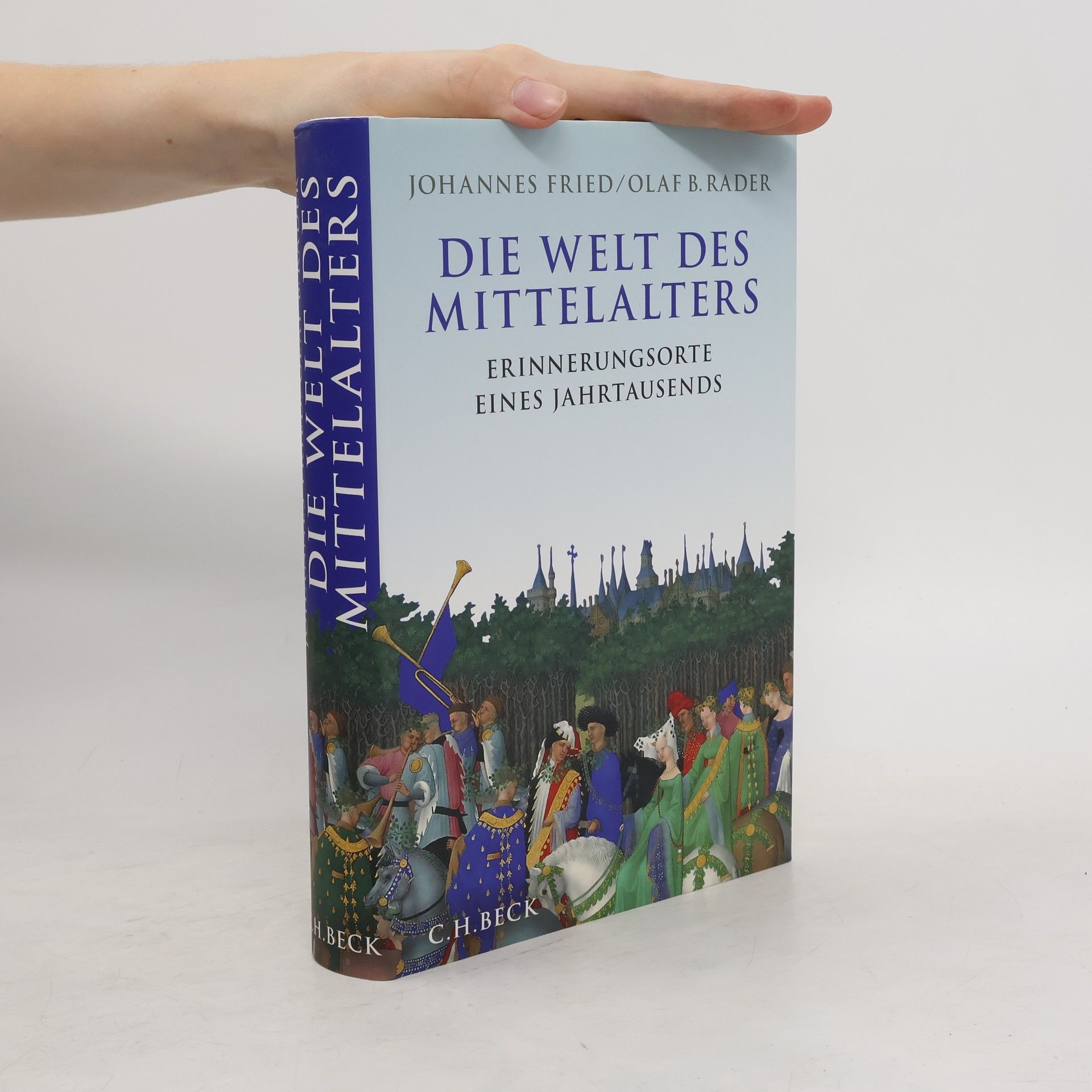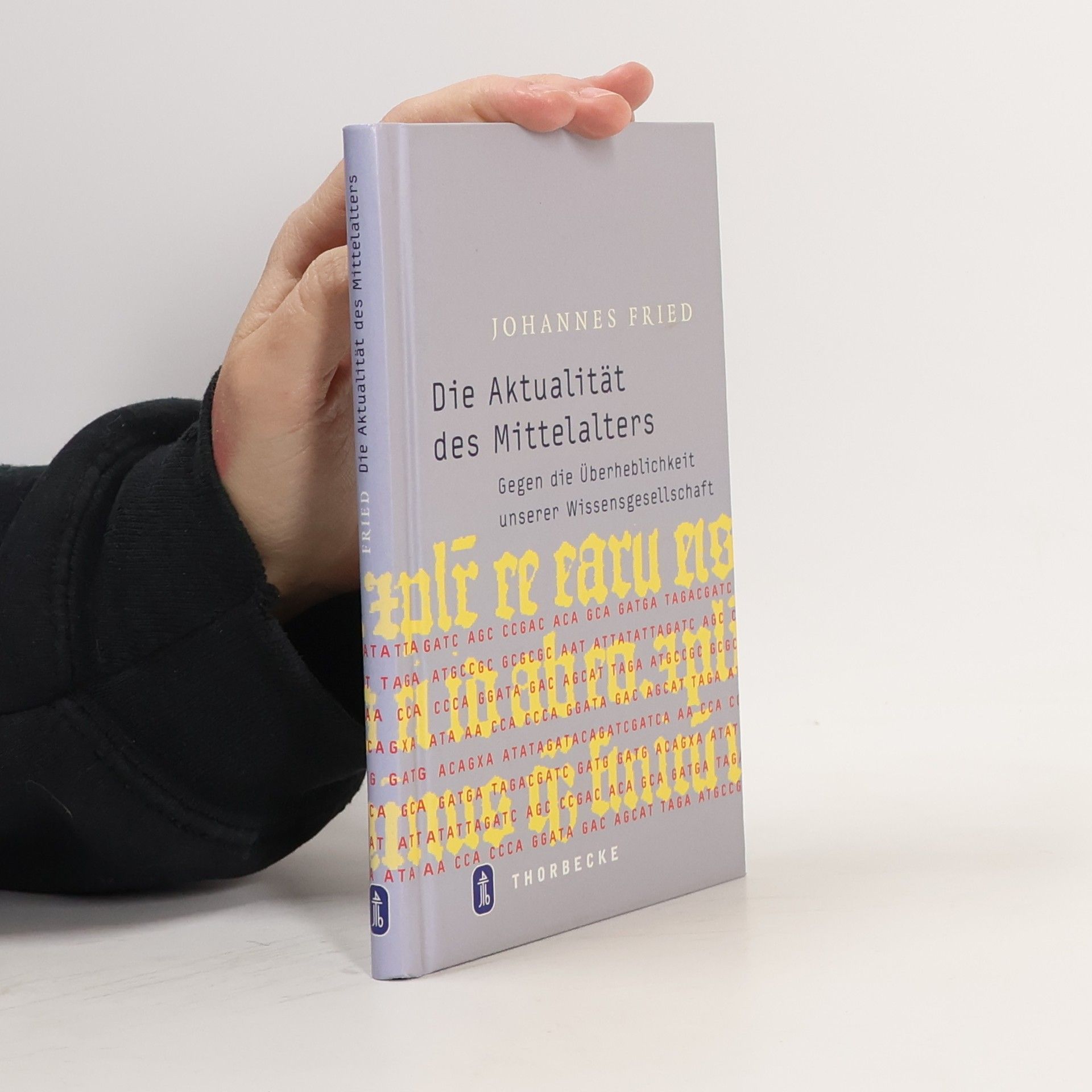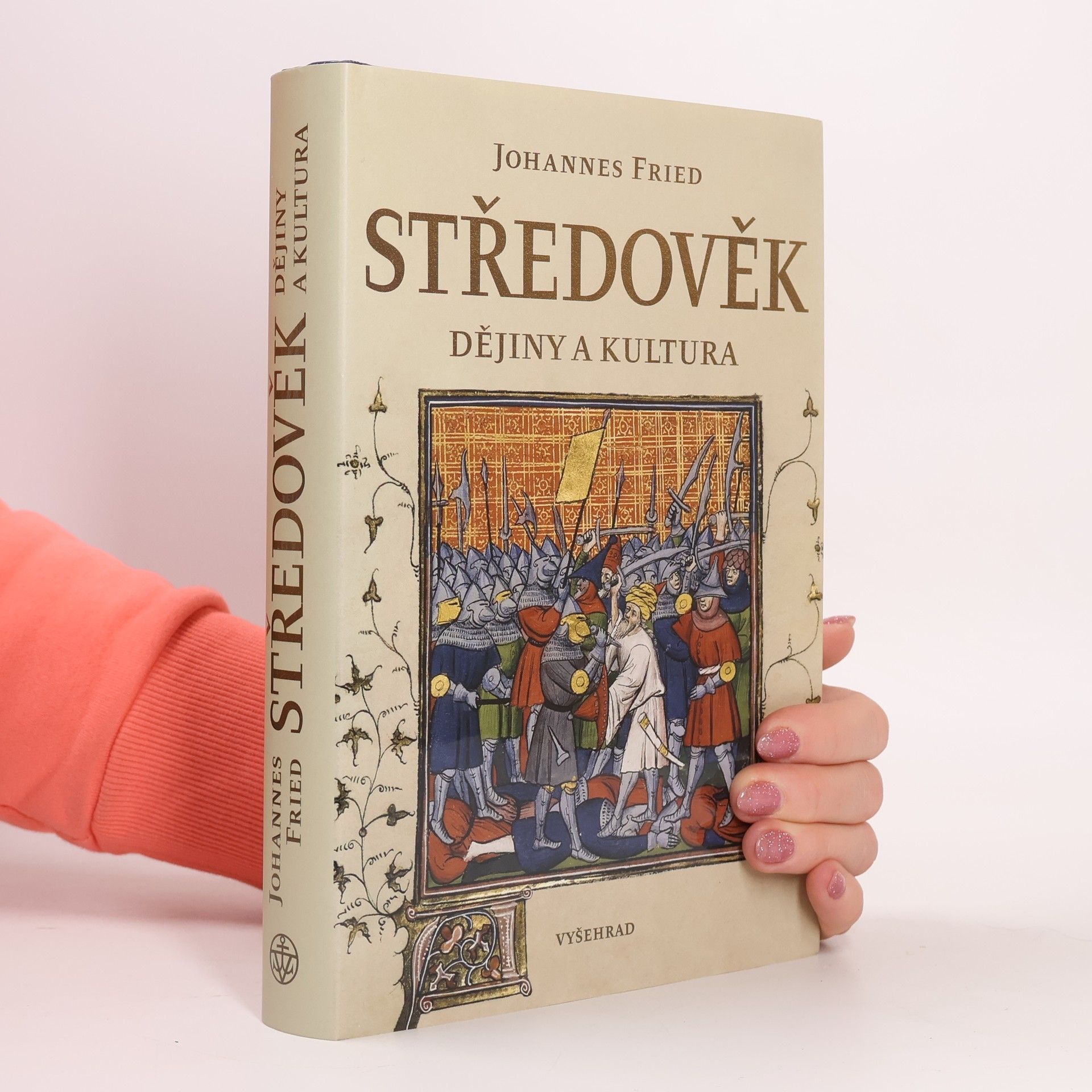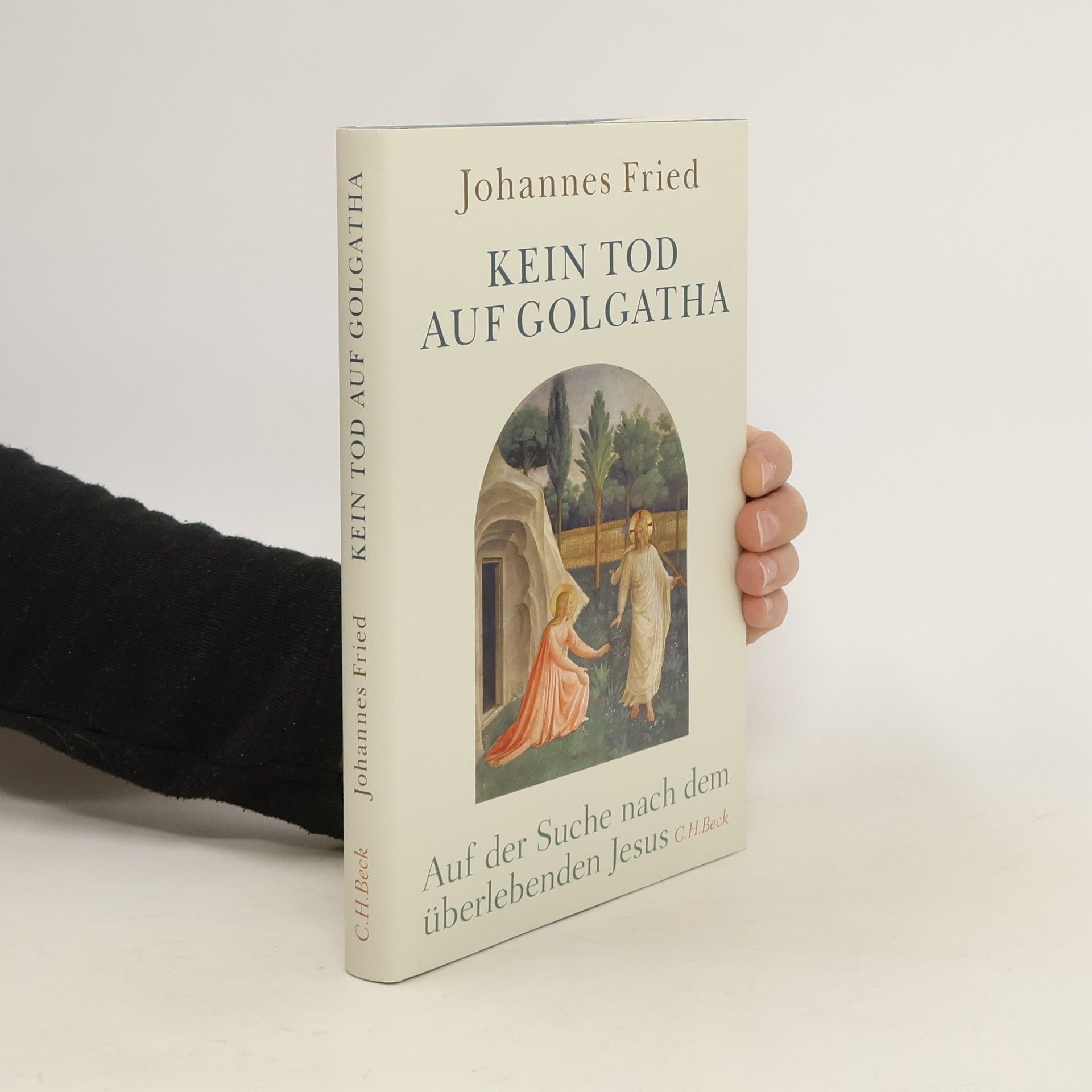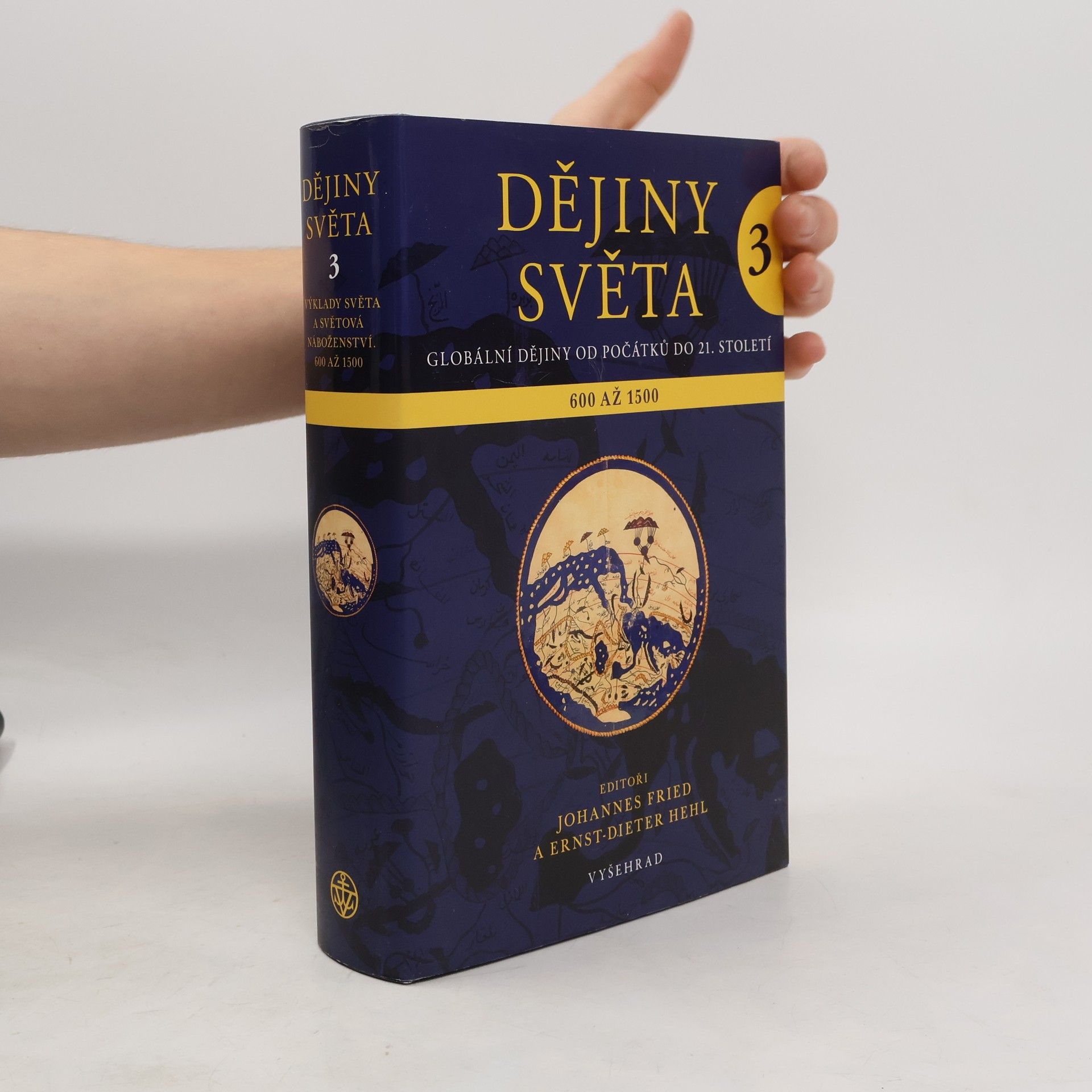Středověk: Dějiny a kultura
- 440 pages
- 16 hours of reading
Nové pohledy na středověkou vědu, politiku, hospodářství a kulturu. Středověk rozhodně nebyl jen obdobím tmářství a nevědomosti. Právě v této epoše se zrodily myšlenky a instituce, které zásadně ovlivnily další vývoj evropské kultury. Významný německý medievista Johannes Fried ve své knize představuje středověké tisíciletí jako dobu, v níž se z antického a barbarského dědictví zformovaly základy evropských národních států a specifická duchovní, právní, politická i hospodářská kultura. Na osudech králů, papežů, filosofů i umělců ukazuje, jak středověká Evropa začínala chápat pojem lidských a občanských práv, jak si vykládala svět kolem sebe, jak přistupovala k jiným kulturám a utvářela tak svou specifickou identitu. Fried ve své knize odhaluje základy kulturního dědictví a otázek, které evropskou společností rezonují až do současnosti.

